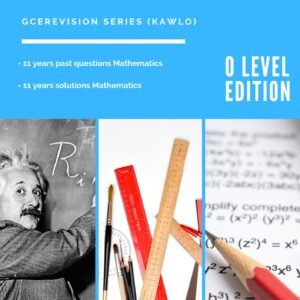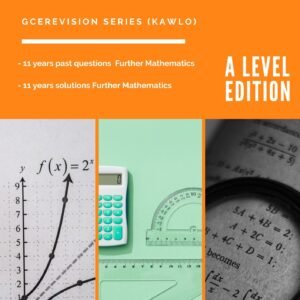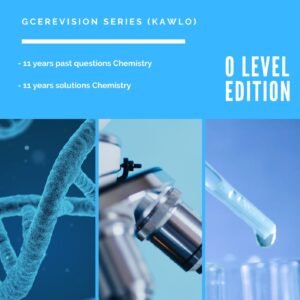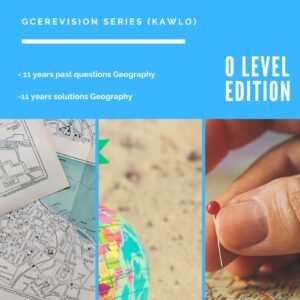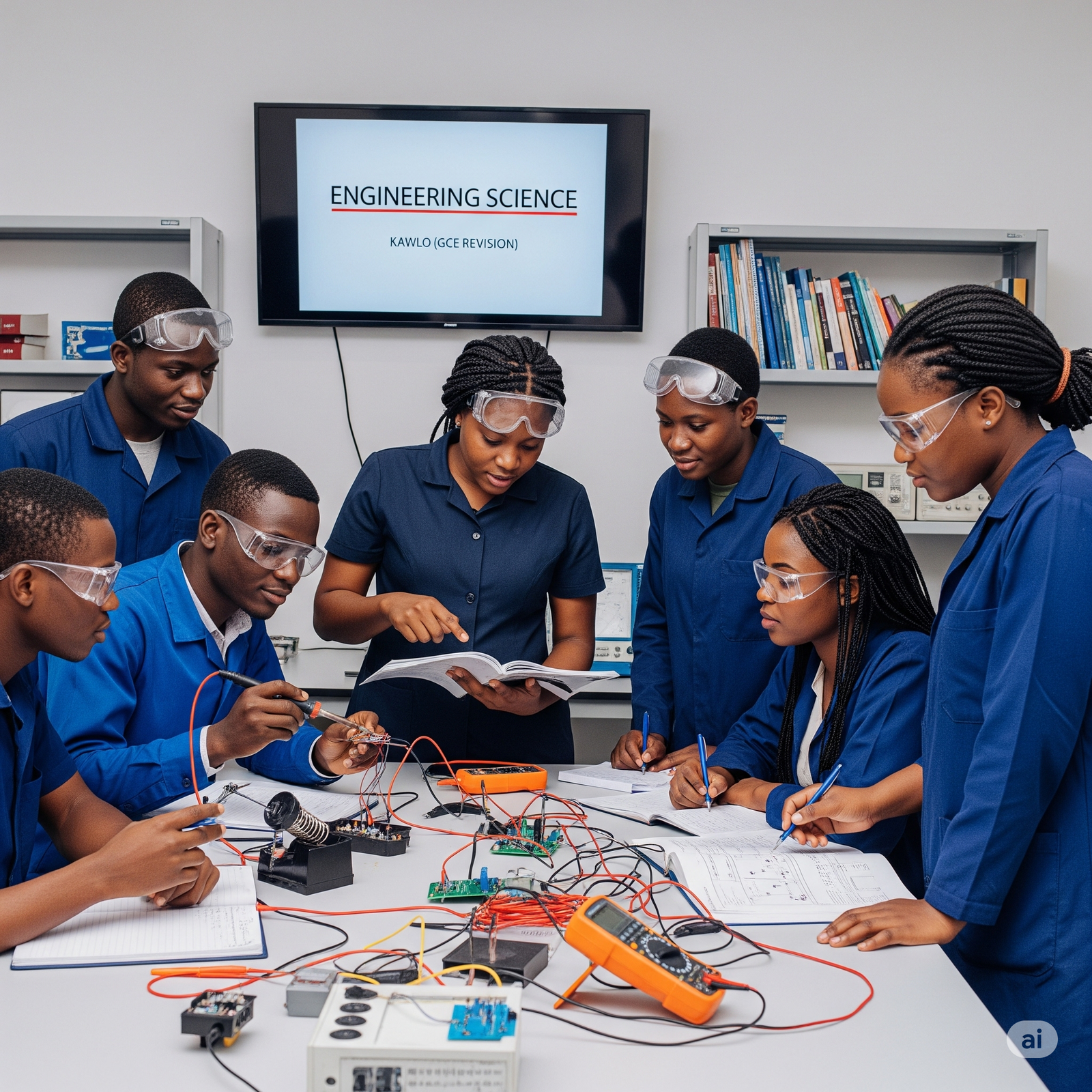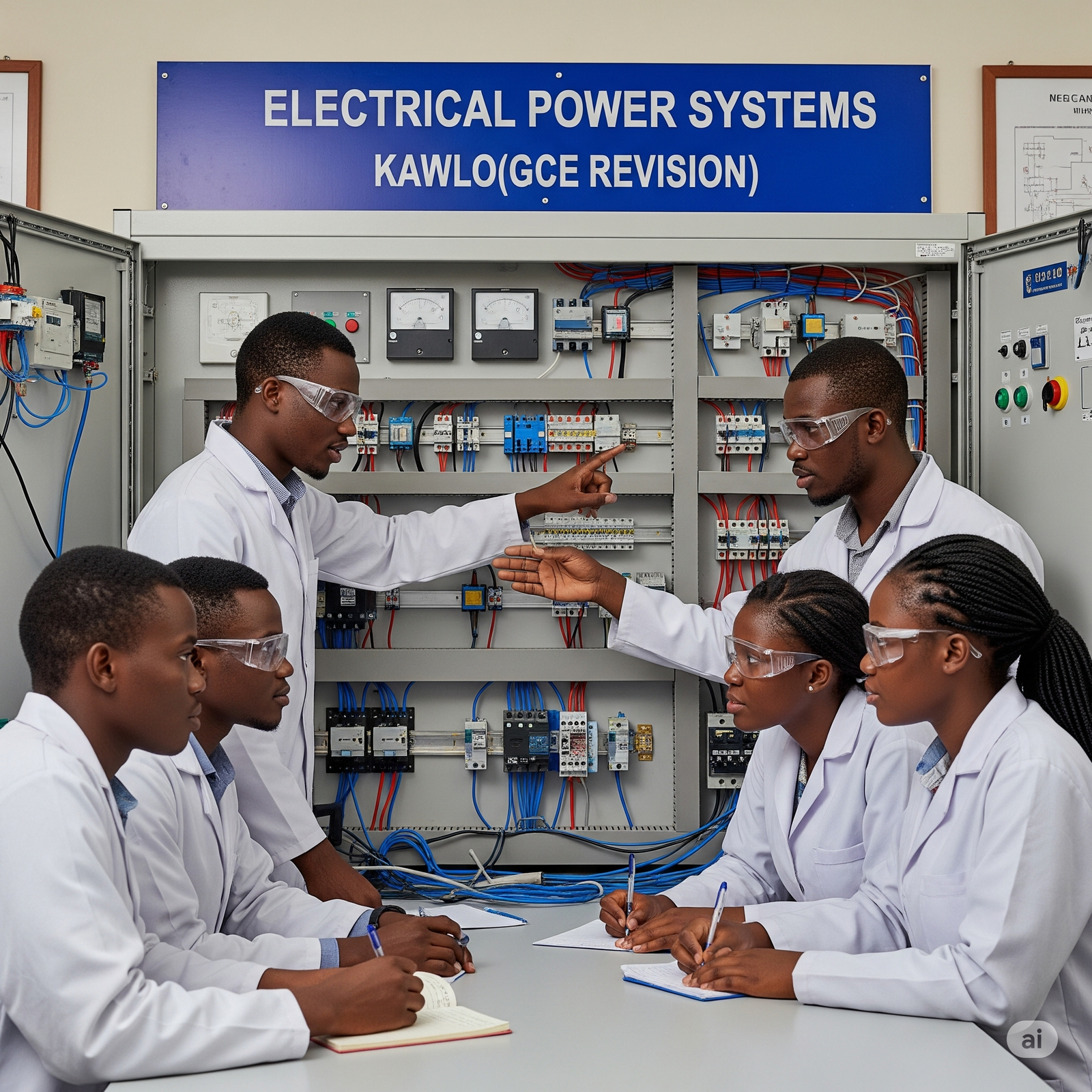Advanced level 2025 Holy Infant High School mock guide ICT
Advanced level 2025 Holy Infant High School mock guide ICT
| A computer that provides services and resources to other computers over a network is known as: |
B) Server | A server provides network services like file storage, databases, and web hosting. |
A) Workstation: A powerful PC for individual use. C) Microcomputer: General-purpose personal computer. D) Supercomputer: Used for complex computations, not network services. |
|
| 2 | Which of the following is NOT a type of software? |
C) Hardware software |
There is no such thing as “hardware software”; hardware and software are distinct. |
A) System software: Manages hardware and software resources. B) Application software: Programs for users, like Word processors. D) Utility software: Helps maintain the system (e.g., antivirus, disk clean-up). |
| 3 | The main distinguishing feature of Fourth-Generation computers was: |
C) Microprocess ors |
Fourth-generation computers (1971–present) use microprocessors, which integrate all CPU components onto a single chip. |
A) Vacuum tubes: Used in first-generation computers. B) Integrated Circuits: Defined third-generation computers. D) Artificial Intelligence: Key feature of fifth generation computers. |
| 4 | A computer that exists in a system that cannot be reprogrammed by the user is: |
C) Embedded system |
Embedded systems are specialized computers used in devices like ATMs and car engines; users cannot modify their functionality. |
A) Microcomputer: Can run different programs for various tasks. B) Mainframe: Large, powerful, and reprogrammable. D) Supercomputer: Used for high-speed computations, often reprogrammable. |
| 5 | Which of the following is NOT a function of an operating system? |
D) Running applications |
The OS provides an environment for applications but does not directly run them; the CPU executes programs. |
A) File management: Organizes and controls files. B) Memory management: Allocates memory to applications. C) Hardware management: Controls and communicates with hardware. |
| 6 | A chip in the computer that contains essential information such as the date and time is: |
C) CMOS | The CMOS (Complementary Metal-Oxide Semiconductor) chip stores BIOS settings, including date and time, and is powered by a small battery. |
A) RAM: Temporary memory, loses data when power is off. B) ROM: Stores firmware but does not track time. D) CPU: Processes data but does not store BIOS settings. |
| 7 | Which file format will you use for publishing |
C) PDF | PDF (Portable Document Format) ensures consistent |
A) DOC: Used in MS Word, but formatting may vary |

